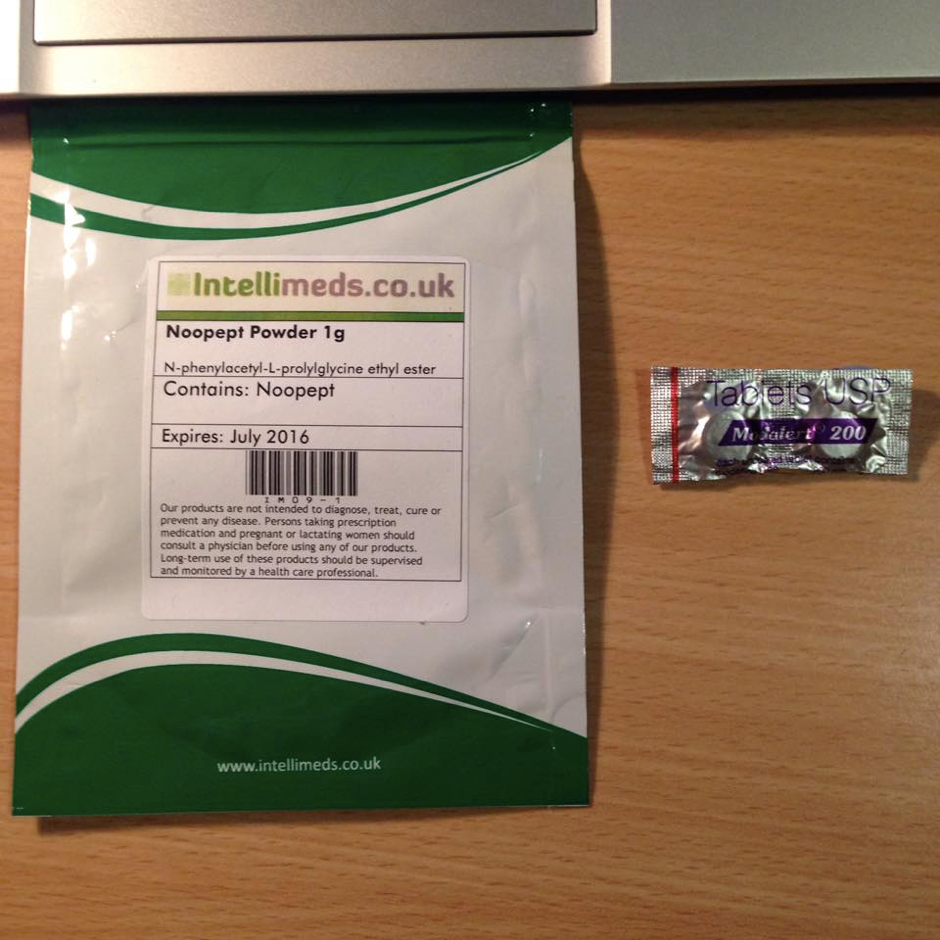
‘Sell it in Boots’: A Cambridge Professor says study drugs should be sold over the counter
A third of students say they’ve taken them
Study drugs are used to help you concentrate when you revise. Almost half of all students on some courses take them. Now a respected professor at Cambridge has argued they’re so unproblematic we should sell them over the counter.
Smart drugs, such as Noopept, Modafinil, and Ritalin, are easy to buy online, and an exam revision season’s worth will set you back less than £30. Their effect is almost immediate, and they are known to help you focus and recall information more easily.
When a student at The Tab Bristol took both Noopept and Modafinil, he reported the latter made him “more productive and it improved how long I was able to stay at my desk and work”.
“I found my thoughts flowed faster and more smoothly: perfect for essay writing. Furthermore, the speed at which I read and how much of it was sponged up by my brain seemed to increase as well.”
Now Dr. Barbara Sahakian, a Professor at the University of Cambridge and a specialist in study drugs, has said she thinks they should be sold over the counter. The main problem with study drugs isn’t their effect, she says – it’s the dodgy places they might have come from when you buy them online.
“You don’t know what you’re getting – it could be anything”, she told The Independent.

Other problems include “drug/drug interactions” and students “taking too much” – both of which could be solved through giving information, along with the drugs, over the counter.
“That’s why doctors telling you what dose to take are so important, rather than students taking someone else’s drug or buying the drug over the internet or whatever they’re doing. When you think about it, a lot of people what they do is really dose themselves with coffee and caffeine and then they end up with palpitations and tremors and things like that, so in some ways I prefer [Modafinil],” she said.
Some academics and university staff have been more sceptical about smart drugs, labelling them a major threat to campuses.
Thomas Lancaster, an associate dean at Staffordshire University, said: “If the trend continues, universities may need to think about drug testing to ensure the integrity of the examination process”.
But Dr. Sahakian has spent her career researching smart drugs, and she believes that “there may be other contexts in which we want better cognitive enhancing drugs – we know that people fall asleep at the wheel all the time when they’re driving.”
The Cambridge professor’s view represents a broader change in attitude towards study drugs. One review of 24 papers found no harm from Modafinil – but significant cognitive benefits.

The Tab’s annual drug survey of 11,000 students published in May found that 42 per cent of Economics students take study drugs, as well as 40 per cent of students in Computer Science and Engineering.
Over a third of students said they use them. 20 per cent claimed to have used Modafinil. The chances are that dozens of people you know have done so, too.





















